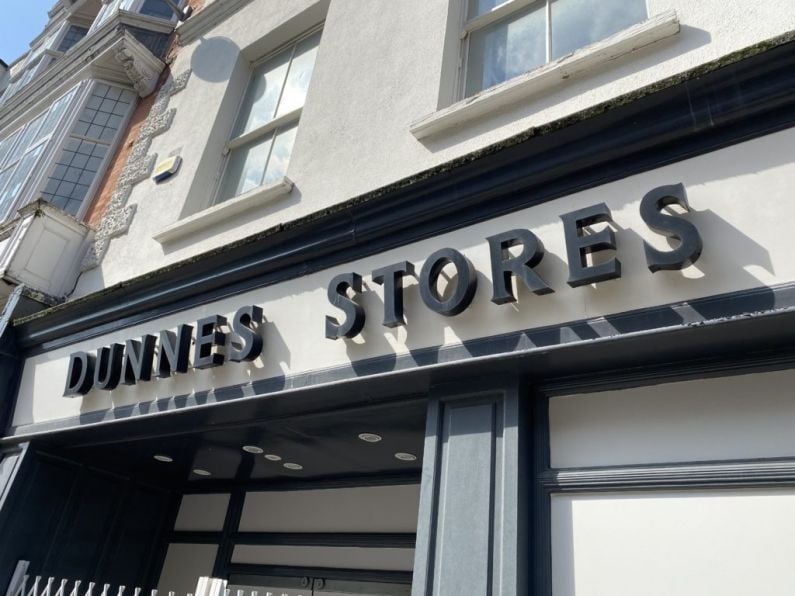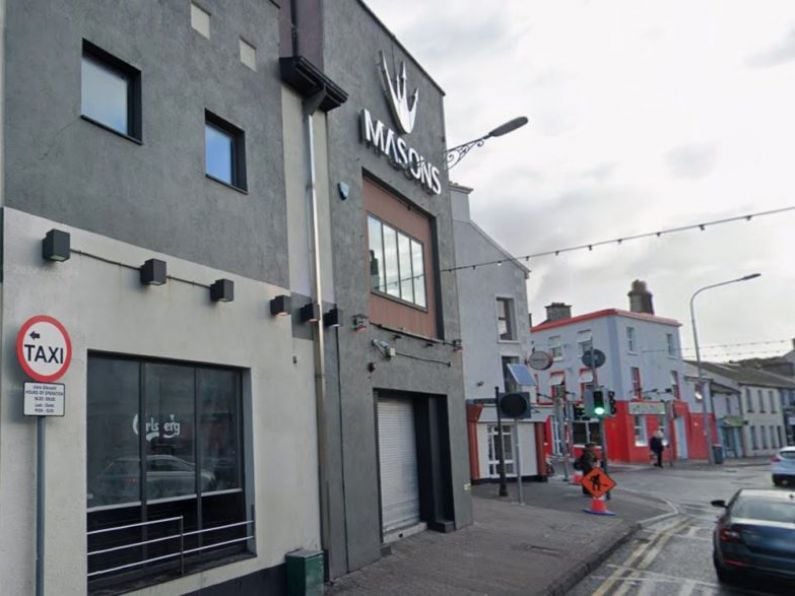Dunnes Stores has asked the High Court to rule on what is the definition of groceries in a row between the supermarket chain and a discount retailer.
Dunnes wants the court to enforce a restriction on what a "Mr Price" outlet in Carlow town can sell which the supermarket says is a requirement of the lease granted to the discount store.
Dunnes says groceries are more than just food and includes low costs non-durable repeat household items. Mr Price accepts groceries means food but opposes Dunnes' contention that it extends to other items.
The case concerns the opening last October of a Mr Price store in the Barrow Valley Retail Park in Carlow where Dunnes is the anchor tenant in its 65,000 square foot premises.
It says under all agreements before it becomes an anchor tenant it requires an exclusivity clause for it whereby leases to other units in the same centre would not be in competition with the supermarket.
Arising out of the opening of the Mr Price store, Dunnes and the retail park landlords, Camgill Property, is suing Dafora Unlimited Company and Corajio Unlimited Trading as "Mr Price Branded Bargains".
Opening the case on Tuesday, Martin Hayden SC, for Dunnes, said there was no doubt in the industry as to the meaning of groceries.
When Dunnes entered the agreement in 2007/8 with developer Stephen Murphy’s Redhills company to become anchor tenant it contained the normal restrictive covenant which Dunnes insists on.
Household shopping needs
Mr Price, in full knowledge of the covenant, proceeded to "drive a coach and four" through it by opening the Carlow outlet, he said.
Dunnes' position is that groceries are far more than food and extends to non durable low cost items which people buy every week in the context of their household shopping needs.
Mr Hayden said the defendants had acquired the Barrow Valley unit to prevent a Mr Price type competitor setting up there. He said there had been conversations about the possibility of the defendants selling the unit on to Dunnes before Mr Price opened.
What the defendants were trying to do was deconstruct the text of the covenant and ignore the agreement, he said.
An application for an injunction to prevent them from doing so was not granted and as a result the issue of what was the meaning of groceries was now before the court.
A number of witnesses on behalf of Dunnes, including solicitors who acted for it in property acquisitions, said the exclusivity clause was normal for all its anchor tenancies and there was a clear understanding among those involved as to what that meant.
Irwin Druker, former partner in Druker Fanning and Partners estate agents, who acted for Dunnes for 40 years in this area, said the exclusive covenant was presented to the developer Mr Murphy on a "take it or leave it" basis before the retailer agreed to get involved in the development. Mr Murphy was quite happy to accept the restriction, he said.
The case continues before Mr Justice Mark Sanfey.












